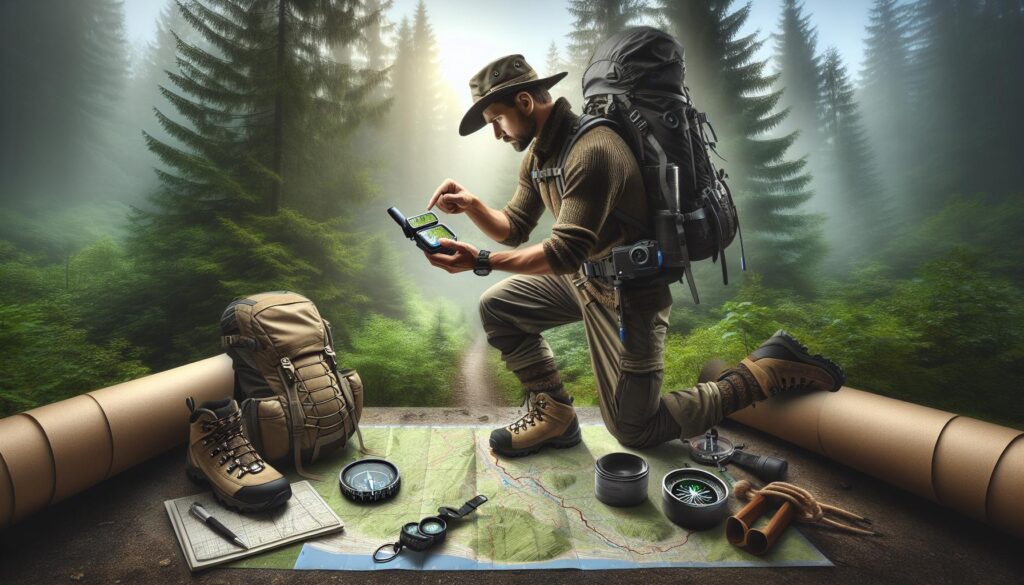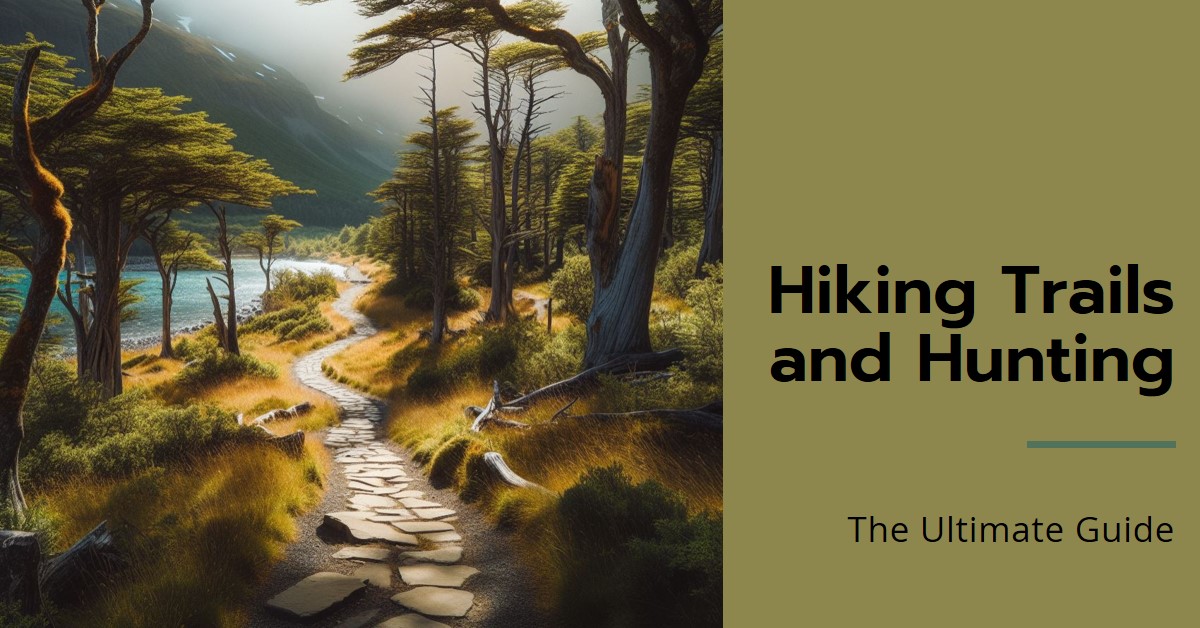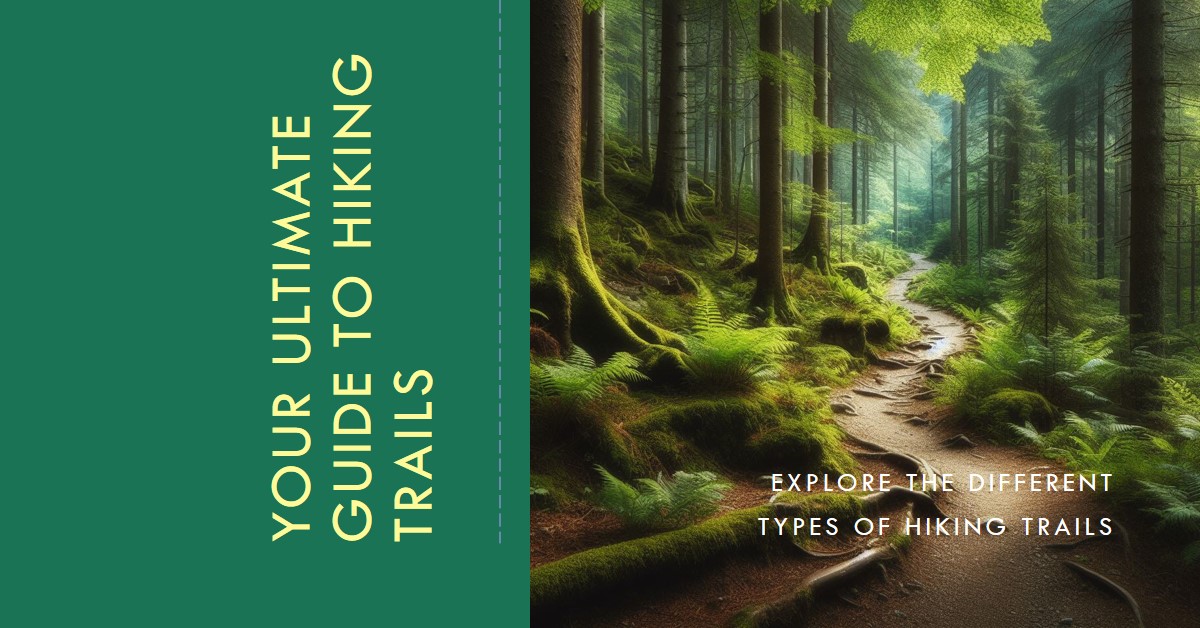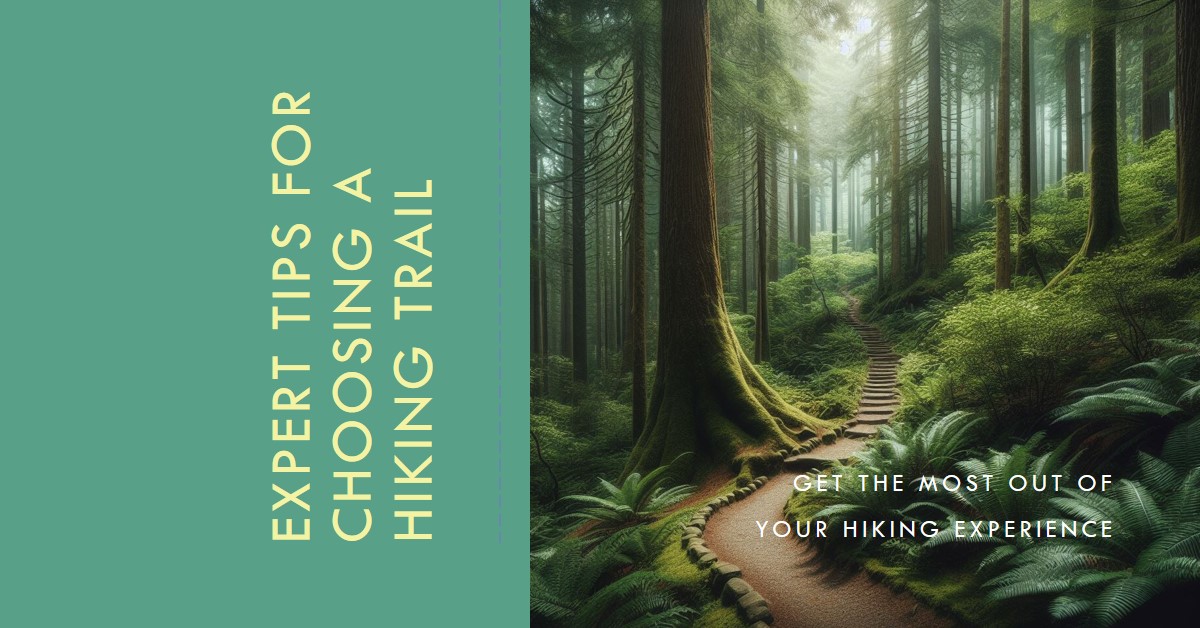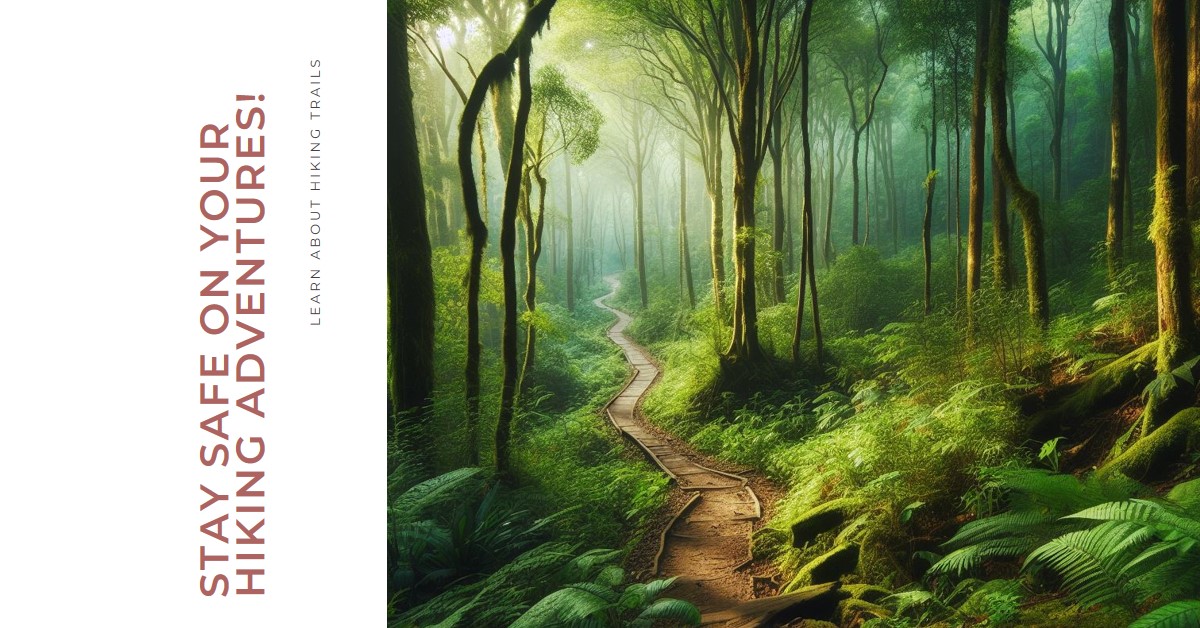You need a GPS for hiking because it provides accurate navigation and prevents you from getting lost. To use a GPS for hiking, simply input your desired destination or follow preloaded maps, and the GPS will provide you with real-time information about your current location and route.
It is recommended to combine GPS navigation with traditional map and compass skills for a comprehensive hiking experience. GPS devices are more reliable than smartphones, as they do not rely on cellular network signal and are not affected by dense foliage.
Using a GPS ensures a safer and more enjoyable hiking adventure.
Table of Contents
Benefits Of Using Gps For Hiking
– Enhanced Navigation: Ensure accurate direction and stay on the trail. A GPS for hiking allows you to track your location in real-time and provides precise directions, minimizing the risk of getting lost.
– Safety: Ability to track your location and easily find your way back. With a GPS device or app, you can mark waypoints and track your progress, making it easier to retrace your steps or call for help in case of an emergency.
– Offline Accessibility: Avoid reliance on cell towers or Wi-Fi signals. Unlike smartphones that rely on network coverage, GPS devices work independently, allowing you to access navigation and location information even in remote areas without internet connectivity.
Choosing The Right Gps Device Or App
When it comes to hiking, having a GPS device or app can greatly enhance your navigation and overall experience. One option is a dedicated GPS device like the Garmin inReach Explorer+. This popular device offers advanced features and reliable navigation. Another trusted brand is Garmin GPS, known for its precise navigation capabilities. If you prefer using your smartphone, you can opt for a GPS hiking tracker app like AllTrails, which provides a user-friendly interface and a vast database of trails. For advanced route planning and topographic maps, CalTopo is a useful choice. Gaia GPS is a feature-rich app that offers offline maps and navigation tools. Additionally, Komoot provides route recommendations and turn-by-turn navigation. Lastly, Strava is suitable for tracking and sharing your hiking activities. With the right GPS device or app, you can explore the great outdoors with confidence and ease.
Gps Vs. Smartphones For Hiking Navigation
When it comes to hiking navigation, the question of whether to use a GPS device or a smartphone often arises. One factor to consider is reliability. GPS devices offer a more consistent signal in remote areas compared to smartphones, which rely on cell towers. Additionally, dedicated GPS units tend to have longer battery life, making them suitable for long hikes. Durability is another advantage of GPS devices, as they are built to withstand outdoor conditions. On the other hand, smartphones can be a more budget-friendly option. Carrying both a GPS device and a smartphone can provide redundancy, ensuring that you have a backup in case one fails. Ultimately, the choice between a GPS device and a smartphone for hiking navigation depends on your personal preferences and needs.
Advanced Tips For Using Gps On Hiking Trails
Import a .gpx file or use a mapping app to plan your hike. By pre-planning your route, you can ensure that you have a clear path and are aware of any potential obstacles or challenging terrains. This will make your hiking experience safer and more enjoyable. Load your pre-planned route onto your GPS device. This step is crucial to have accurate navigation during your hike. Make sure to follow the instructions provided by your GPS device to transfer the route successfully. Understand the features and capabilities of your GPS. Take the time to familiarize yourself with the different functions on your GPS device. This will allow you to make the most out of its navigation capabilities and enhance your overall hiking experience. Properly save and reset your GPS after each hiking session. This will ensure that your device is ready for your next hike and any updates or changes in routes. Properly saving and resetting your GPS is also important to conserve battery life. Remember, using a GPS for hiking can greatly enhance your navigational experience and keep you on track. With proper planning and understanding of your device, you can confidently explore new trails and enjoy your hiking adventures.Frequently Asked Questions On Do I Need A Gps For Hiking? How To Use Gps For Hiking
Do I Need A Gps Tracker For Hiking?
Yes, having a GPS tracker for hiking is recommended. It provides accurate navigation and helps prevent getting lost. Unlike smartphones, GPS trackers are not dependent on cell towers, ensuring a reliable signal even in areas with dense foliage. GPS devices combined with navigation skills are favored by experienced hikers and backpackers.
Can I Use My Phone Gps For Hiking?
Yes, you can use your phone GPS for hiking. It contains a GPS chip that works without cellular or wifi, making it useful for navigation when hiking or exploring. Using a GPS mapping app on your iPhone or Android device can help you stay prepared.
Can I Use My Cell Phone As A Gps?
Yes, you can use your cell phone as a GPS for hiking. Your phone has a built-in GPS chip that does not require cellular or wifi connection to operate. Using a GPS mapping app on your iPhone or Android device can help you navigate while hiking or exploring.
What Is The Easiest Hiking Gps To Use?
The easiest hiking GPS to use would be the Garmin InReach Mini.
Conclusion
Using a GPS for hiking can be a valuable tool to enhance your safety and navigation skills on the trails. Despite the advancements in smartphone technology, dedicated GPS devices provide a more reliable signal, especially in areas with dense foliage.
With a GPS, you can confidently explore new trails and accurately track your progress. Whether you choose a handheld GPS device or a GPS app on your phone, having a GPS for hiking is a wise investment for every outdoor enthusiast.
Stay prepared and enjoy your hiking adventures with the help of GPS technology.

